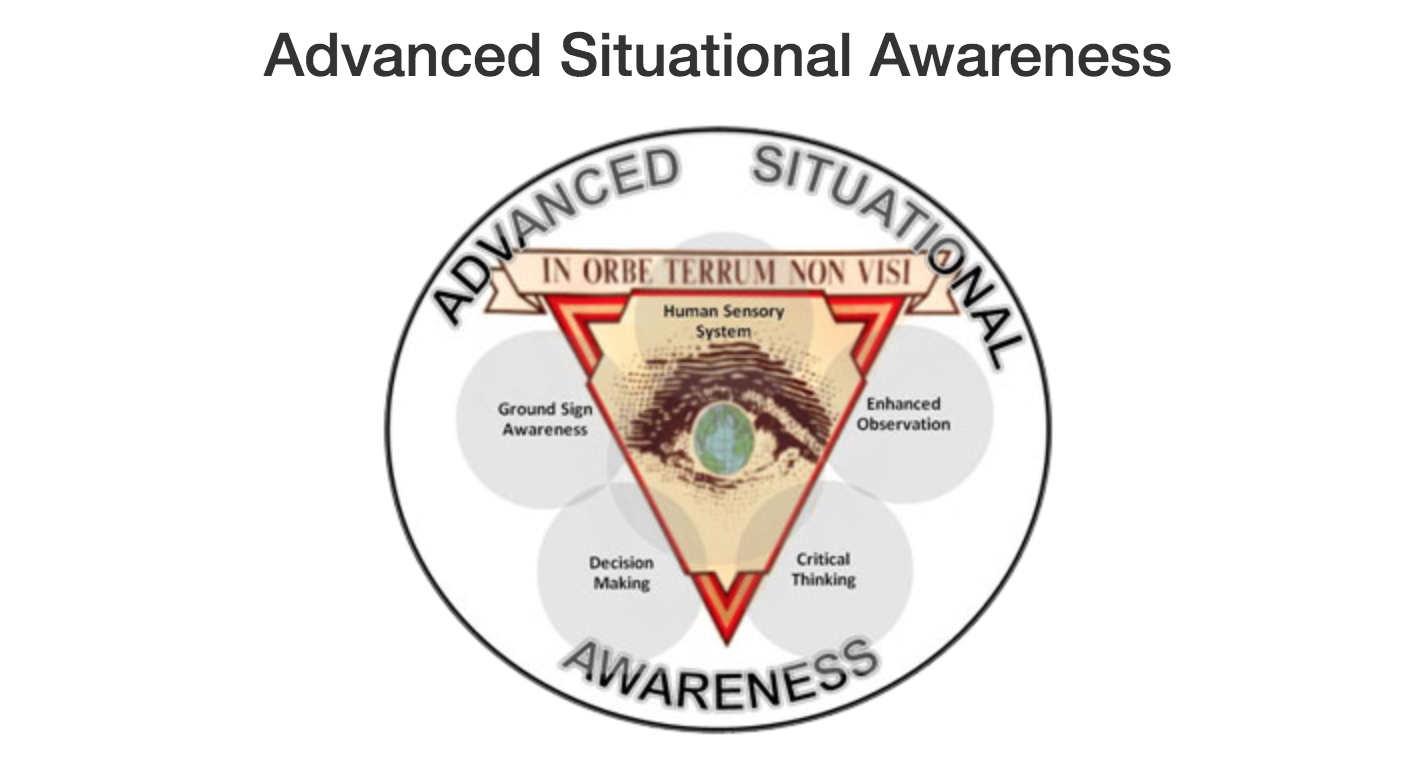Army Program Seeks to Heighten Soldiers’ Cognition
A properly trained soldier can distinguish a vegetarian from a meat-eater based on their smell, a new Army publication says, since “different diets produce different human odors.”
He or she can to determine the age, gender and even the mental state of a target by studying their footprints.
Not simply a warrior, the ideal soldier is also an intelligence analyst, a cultural anthropologist, and a student of human nature with the ability to confront and overcome adversity — Sherlock Holmes and Leatherstocking and a bit of Tarzan, all in one.
That, at any rate, seems to be the goal of the US Army’s Advanced Situational Awareness program, which trains soldiers to discern even subtle anomalies in the combat environment, to swiftly assess their implications, and to act decisively in response.

Advanced Situational Awareness “optimizes human performance through building the skills necessary to develop agile, resilient, adaptive, and innovative Soldiers who thrive in conditions of uncertainty and chaos.”
The program was described in Advanced Situational Awareness, US Army Training Circular TC 3-22.69, 316 pages, April 2021.
This rule gives agencies significantly more authority over certain career policy roles. Whether that authority improves accountability or creates new risks depends almost entirely on how agencies interrupt and apply it.
Our environmental system was built for 1970s-era pollution control, but today it needs stable, integrated, multi-level governance that can make tradeoffs, share and use evidence, and deliver infrastructure while demonstrating that improved trust and participation are essential to future progress.
Durable and legitimate climate action requires a government capable of clearly weighting, explaining, and managing cost tradeoffs to the widest away of audiences, which in turn requires strong technocratic competency.
FAS is launching the Center for Regulatory Ingenuity (CRI) to build a new, transpartisan vision of government that works – that has the capacity to achieve ambitious goals while adeptly responding to people’s basic needs.